Abakaliki, Ebonyi State — Residents of the Abakaliki metropolis awoke on Tuesday to an act of humanitarian compassion that quickly resonated across the community. The Head of Diplomatic Mission of the International Human Rights Commission (IHRC Corporation) in Nigeria, H.E. Ambassador Dr. Duru Hezekiah, personally led an unannounced early-morning outreach, delivering food supplies and direct financial assistance to vulnerable residents across inner streets and market corridors.
A widely circulated video from the scene shows the Ambassador walking through narrow lanes, stopping to meet widows, roadside traders, young artisans, elderly individuals, and displaced families. His approach was simple, unceremonial, and profoundly human: direct engagement, listening to personal struggles, and offering immediate relief.
A Humanitarian Gesture That Surprised the City
The outreach, carried out with no publicity, security display, or media preparation, was described by locals as “deeply moving and unexpected.” Many residents observed that such hands-on involvement by a senior diplomatic officer is uncommon in Nigeria’s humanitarian landscape, where interventions are often mediated through large delegations or administrative channels.
Witnesses spoke of emotional moments as people received help without prior registration or screening processes. One beneficiary shared:
“Nobody told us this was happening. He just came, greeted us, and blessed us. This kind of kindness is rare from people in high positions.”
For many in Abakaliki, the Ambassador’s presence was more than a distribution of goods—it became a symbol of empathy, dignity, and leadership that recognises the lived realities of everyday hardship.
A Consistent Pattern of Field-Based Leadership
Over recent months, IHRC Nigeria under Ambassador Duru’s leadership has demonstrated a clear shift toward proactive humanitarian diplomacy, characterised by direct field engagement, rapid-response missions, and the prioritisation of vulnerable populations.
Notable initiatives include:
- Child protection interventions in Rivers State,
- Monitoring missions in correctional centres across Imo and Delta States,
- School compliance and safety audits in Ondo State,
- International engagements on Nigeria’s religious freedom concerns,
- Community-level mediation and reporting on human rights violations across multiple regions.
These efforts reflect a paradigm within IHRC Nigeria that emphasises visible presence, accountability, and leadership by example. Tuesday’s outreach in Ebonyi State strengthens this trajectory.
Humanitarian Leadership Rooted in Proximity and Empathy
In an era where communities often experience institutional distance, the Abakaliki outreach stands as a reminder that effective human rights work requires more than policy declarations. It demands proximity—entering the streets, listening to the voices of the marginalised, and demonstrating compassion through concrete action.
Ambassador Duru’s approach aligns with IHRC’s organisational ethos that humanitarianism must be accessible, people-centered, and unbureaucratic. By stepping into the community personally, he reaffirmed the principle that dignity and hope can be restored through leadership that chooses presence over protocol.
A Moment That Will Not Be Forgotten
Residents who witnessed the outreach described it as “life-changing,” not only because food and financial support were provided, but because the intervention restored a sense of visibility to individuals who often feel forgotten. For many, the Ambassador’s gesture served as a reminder that humanitarian action—when guided by sincerity—has the power to uplift, inspire, and transform.
The International Human Rights Commission continues to stand with vulnerable communities in Nigeria, reinforcing a commitment to service that is both principled and deeply human.
Reporter:
Fidelis Onakpoma
IHRC Head of Media and Strategic Communications Nigeria

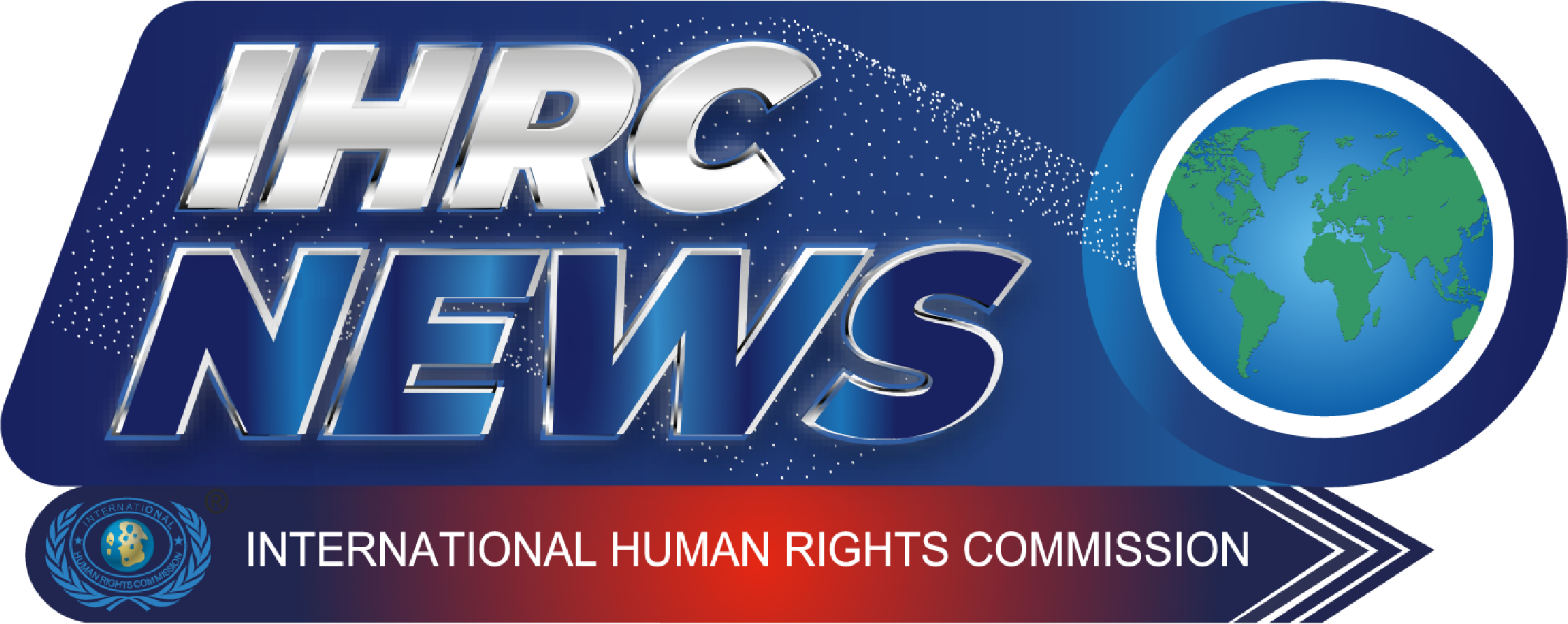


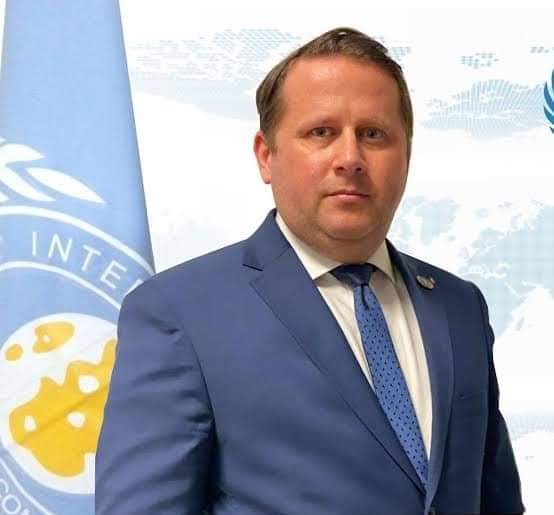
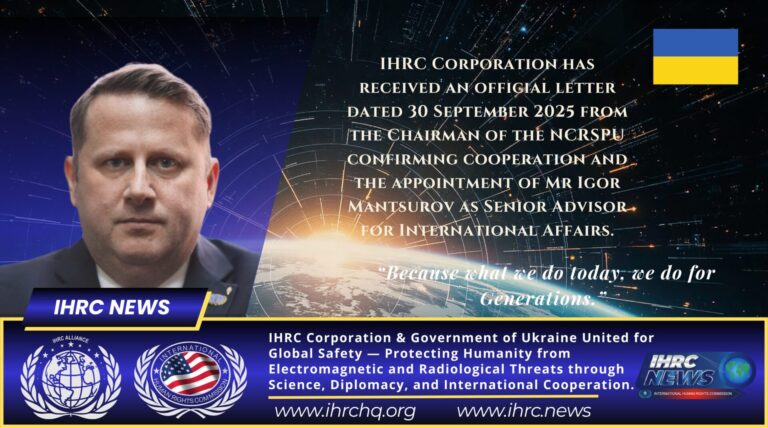

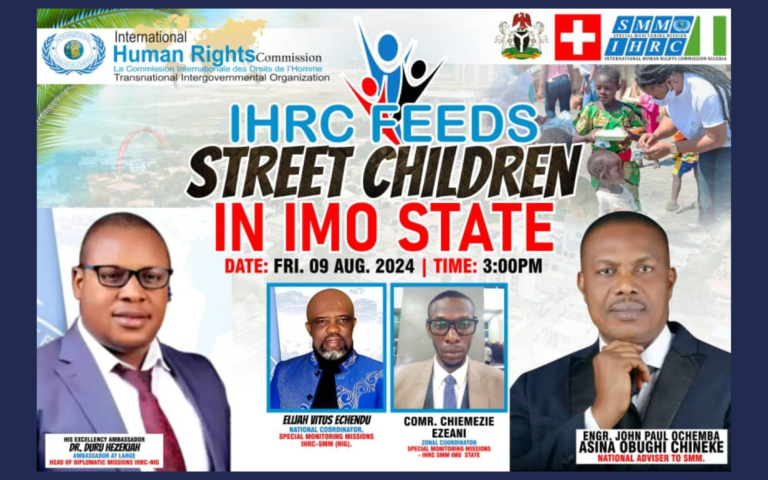
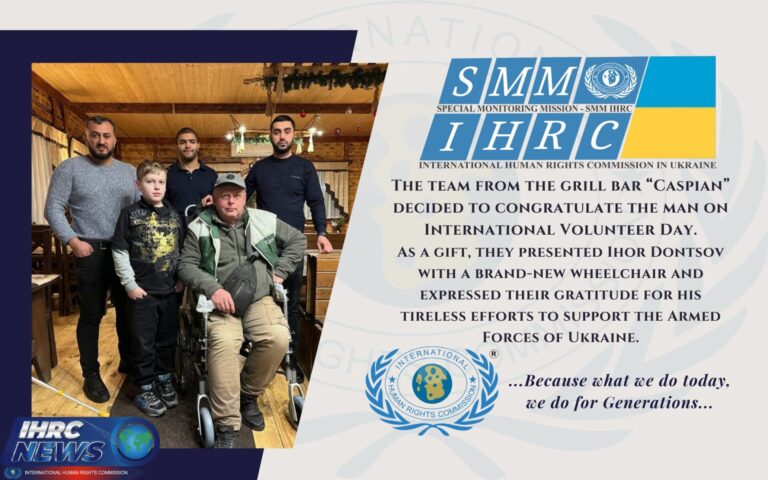
👏🏾👏🏾👏🏾👏🏾
ihrc è una grande famiglia e compie un gran lavoro nel mondo